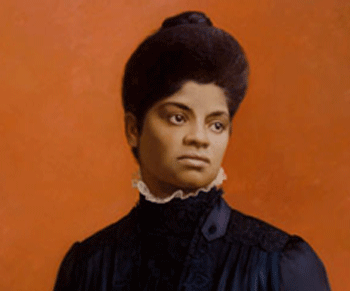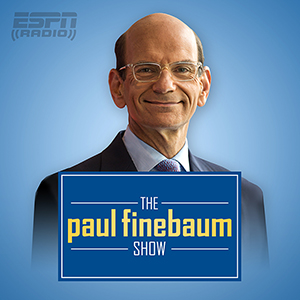 A few days after the Atlanta Falcons’ already legendary meltdown in Super Bowl LI, I caught a morning flight from Oakland to Seattle for a packed day of interviews at the HQ of Grist, the scrappy non-profit environmental news publication that’s been going and going and going for nearly 20 years.
A few days after the Atlanta Falcons’ already legendary meltdown in Super Bowl LI, I caught a morning flight from Oakland to Seattle for a packed day of interviews at the HQ of Grist, the scrappy non-profit environmental news publication that’s been going and going and going for nearly 20 years.
And starting last month, I became a senior editor there, leading Grist’s coverage of environmental justice — basically people’s rights to clean air, clean water, and clean land. It’s important, mission-driven work that combines my experience in science journalism with the accountability-type work I did at Al Jazeera America and via my Ida B. Wells fellowship. And with the Trump administration’s apparent eye toward rolling back environmental regulations, this feels like it could be my most impactful gig to date.
My first day wasn’t just packed with normal onboarding. Instead, I spent an hour or so talking to Mustafa Santiago Ali, the recently resigned head of the Environmental Protection Agency’s environmental justice program. Ali packed his bag after decades of service at the agency because he doesn’t see the EPA administrator Trump installed, Scott Pruitt, as a kindred soul. (Click here to read an edited transcript of my interview with Ali.)









